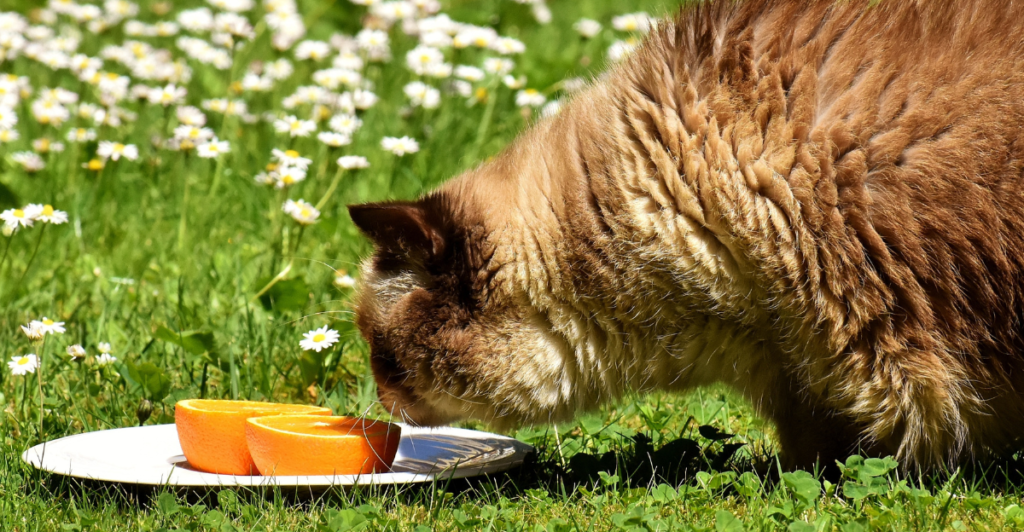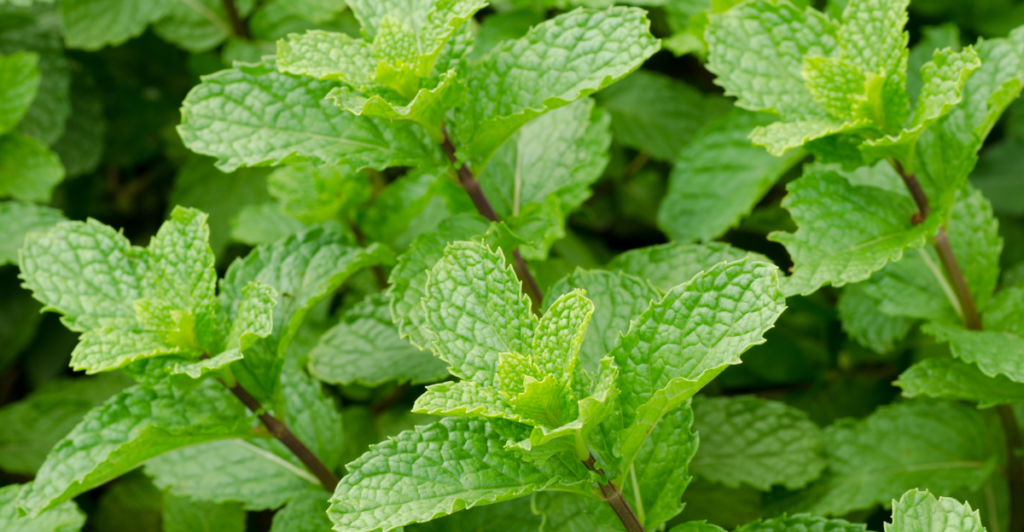
Cats possess an extraordinary sense of smell that is vital to their daily lives. Their olfactory system is much more sensitive than that of humans, allowing them to detect scents from a greater distance. This heightened sensitivity can render certain smells intolerable to them, typically resulting in avoidance behaviors. Pet owners should be aware of what smells cats hate so that they can provide a more comfortable living space for their feline companions.By recognizing these odors, you could strategically use those odors to your advantage to deter unwanted behavior, like scratching furniture, or simply avoid them to ensure your cat’s comfort. In this list, we will look into 10 smells that cats usually hate and give insights into why these smells are disliked.
1. Citrus

Cats notoriously dislike citrus fruits like oranges, lemons, and limes. The strong, acidic scent that wafts from the peel can be unbearable for their sensitive noses. For this reason, it’s best to keep any citrus scents from areas your cat frequents. Surprisingly, you can use this misconception to your benefit. A citrus-based solution sprayed around rooms can deter cats from clawing furniture or crossing forbidden thresholds. Just be careful because excess citrus exposure can be irritating to a cat’s skin. Remember, moderation and observation are key.
2. Lavender

Though calming for humans, lavender can be overpowering to cats. The floral smell, while pleasant to us, might be too intense for their acute sense of smell. If you use products scented with lavender, keep them out of reach of your four-legged friends. Lavender essential oil, specifically, requires some caution and moderation when using it around cats. As always, it’s a good idea to check with a veterinarian before adding new scents to your home. Cats have their own likes and dislikes, and it’s important to keep them within their sensory boundaries.
3. Eucalyptus

Cats also dislike the scent of eucalyptus. The pungent, menthol-like fragrance can be overwhelming and even toxic if ingested by cats. If you love eucalyptus, keep the plants or air fresheners out of reach. Not only does this keep your cat safe, but it also keeps your home environment agreeable to all its inhabitants. Always prioritize safety and seek advice from pet care professionals if you are not certain that a particular scent will not work with your feline friends.
4. Mint

Mint may be refreshing for humans, but to cats, it is definitely too intense. The pungent smell can overwhelm their sensitive noses, leading them to avoid the areas where the scent predominates. If you use mint-scented cleaning products, it may be best to minimize their use in kitty-friendly areas. Some cats even try to nibble on mint leaves, which may cause digestive upset. Keep mint products or plants safely out of reach to avoid discomfort and potential health risks for your cat.
5. Cinnamon

Cinnamon is a favorite in many households, but it’s a turn-off for cats. The spicy and warm odor can be really strong and overwhelming. Items with a cinnamon scent should be used in moderation to ensure a balanced atmosphere. Essential oils are potent, so avoid using cinnamon products where your cats walk or rest as it could irritate their skin. Instead, use scent diffusers that maintain the fragrance far away from your kitty’s hangout zones.
6. Peppermint

Similar to mint, peppermint has an intense aroma that can be unappealing to cats. The bold, cool scent can be strong, prompting them to avoid specific areas. If peppermint is a favorite scent of your house, make sure it is used reasonably. Consider placing it in a strategic position where its scent is out of your cat’s way. This keeps your living space comfortable for you and your cat.
7. Pine

Pine is often associated with cleanliness, particularly in household cleaning products. However, its strong, woody scent can be overpowering for cats. Pine-scented cleaners should be used in moderation and diluted when possible. Also, make sure the area is well-ventilated so the scent dissipates quickly. This allows you to create a balanced environment that respects your cat’s olfactory preferences.
8. Vinegar

Vinegar is another common cleaning agent known for its pungent scent. This smell can be really unpleasant for cats. If you’re using vinegar to clean, try to do so in areas not frequented by your pets. Its pungent aroma can repel cats from specific areas, which can be helpful if you’re setting some limits. However, make sure you give surfaces a thorough rinse after cleaning to avoid residual odors that may disturb your cat.
9. Rosemary

Though rosemary is a delightful herb for humans, many cats find the smell overwhelming. They can be put off by the earthy, resinous smell and avoid spaces where rosemary grows abundantly. If you like cooking with it, consider storing it in an airtight container and using it in moderation. Be mindful of your cat’s comfort and ensure that rosemary-scented products or plants are placed out of their reach.
10. Banana

Believe it or not, the sweet scent of bananas is not appealing to most cats. Its pungent aroma can make them wrinkle their noses and retreat. While bananas are healthy for humans, they should be stored far from curious feline noses. Avoid leaving banana peels where your cat can get them, as their scent can linger and annoy your cat and cause unnecessary discomfort.
Explore more of our trending stories and hit Follow to keep them coming to your feed!

Don’t miss out on more stories like this! Hit the Follow button at the top of this article to stay updated with the latest news. Share your thoughts in the comments—we’d love to hear from you!







